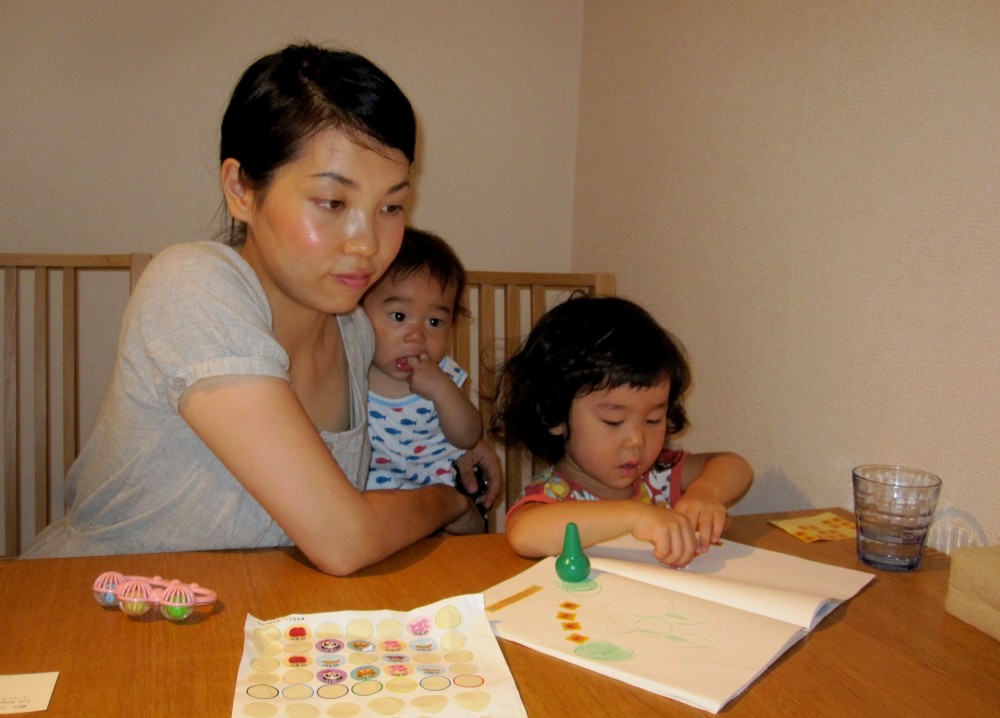By Reiko Bando
The Japan News, Tokyo / Asia News Network.
TOKYO
Reiko Bando discusses Japan’s fourth gender-equality basic plan. Endorsed by Japan’s Cabinet on December 25, it urges male workers to reduce overtime work and spend more time raising their children.
The fourth basic plan is notable for stressing the need to review male-oriented labour practices. It aims to promote the activities of working women by changing the current work structure and enabling men to more actively participate in child-rearing and other domestic work. However, experts point out that methods to realise the fourth plan must be addressed.
Shizuko Koedo, representative of the civic group Working Women’s Network (WWN), praised the fourth plan. “What we have been asking for has been adopted,” she said.
The gender-equality basic plan has been renewed every five years since 2000. It deals with a wide range of issues related to women, including lifelong health support, eradicating violence against women and assisting women who have disabilities or live in poverty.
The latest plan stipulates policy measures and target figures to be achieved in 12 areas from fiscal 2016 to fiscal 2020.
Making women more involved in the planning process and expanding their appointments to important posts were included in the first of the 12 areas as the most important theme, but the reform of male-oriented labour practices and promotion of women’s activities are listed in the latest basic plan for the first time.
WWN has been urging the government and the United Nations to review male-oriented labour practices that take overtime work and transfers to different work sections for granted.
“At the root of the difficulties women feel when they work are male-oriented values in which long hours are considered a matter of course,” said the women’s organisation.
The fourth plan seems to incorporate the requests of WWN and similar groups. “For women to add more to the society, men must first change the way they work,” said Seiichi Ito, an official of the Gender Equality Bureau of the Cabinet Office.
The fourth plan sets detailed numerical targets that include raising the percentage of male workers who take days off immediately after their spouses have babies to 80 per cent by 2020.
Ceiling on overtime
To achieve the numerical targets, the fourth plan proposes applying the overtime premium rate for large companies, which is 50 per cent or more, to small and medium-sized companies, where the rate currently stands at 25 per cent or more; considering the introduction of a ceiling on overtime work; and other measures. The fourth plan also proposes authorising the national government to take corrective measures against companies that unfavourably treat male workers who take child-care leave.
“The ideas and viewpoints [of the fourth plan] are good, but I don’t think they will eliminate long working hours. The plan would have been better if it included more effective measures such as legal restrictions on overtime work,” said Koedo.
Evaluate whether targets achieved
Other observers have criticised the fourth plan.
Masumi Minagawa, a part-time lecturer at Waseda University who specialises in gender studies, points out that the number of areas were reduced from 15 in the third plan to 12 in the fourth plan, and the number of numerical targets to be achieved by 2020 similarly dropped from 82 to 71. “Gender equality should be expanded much more in terms of quality and quantity, but instead things are moving in the opposite direction,” she said.
“The fourth plan was made without sufficiently evaluating whether targets in the third plan were achieved or how much progress was made,” Minagawa said. “To improve the plan’s viability, an inspection system to check the effectiveness of each policy should be strengthened.”

















































































































































































































































































































































































